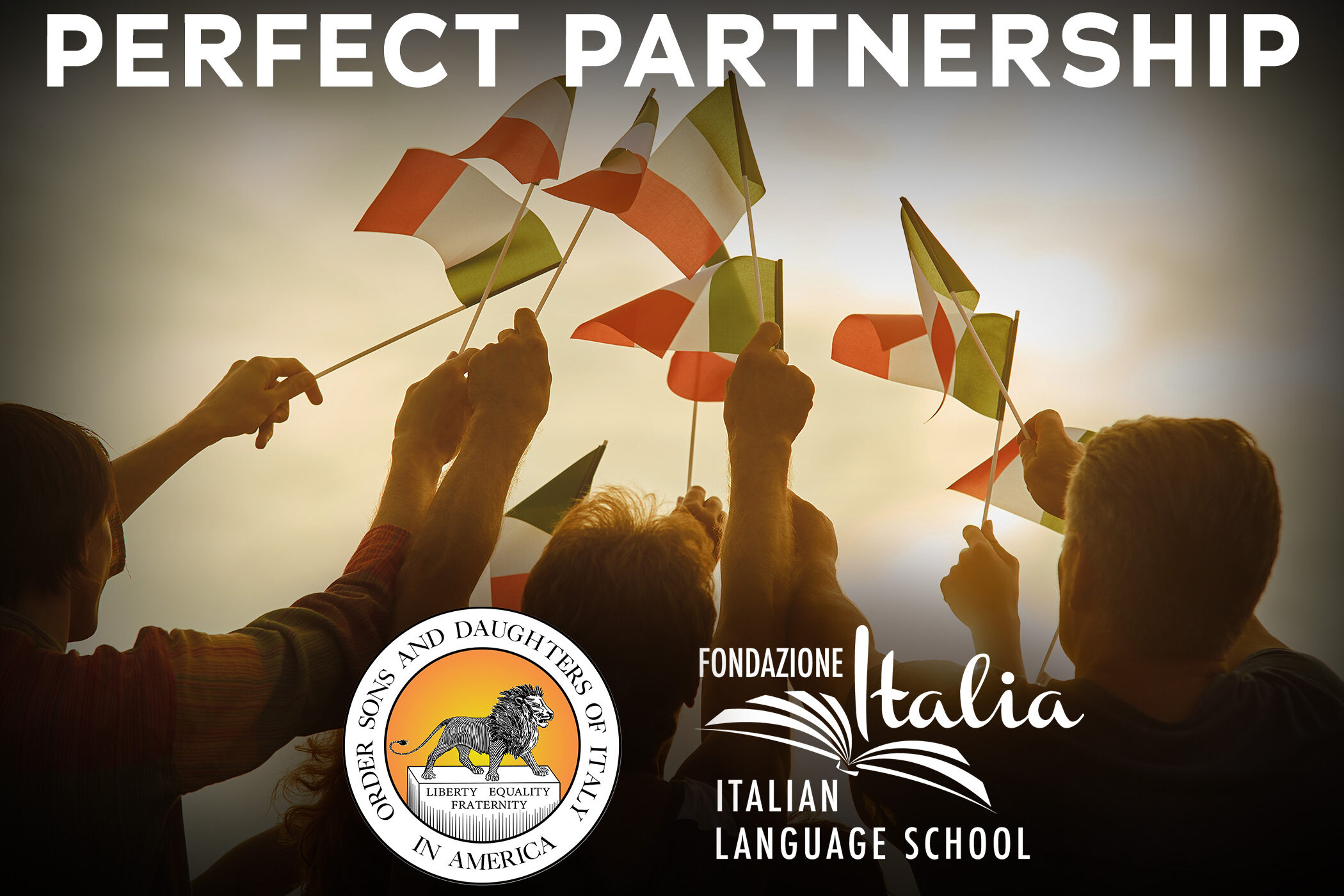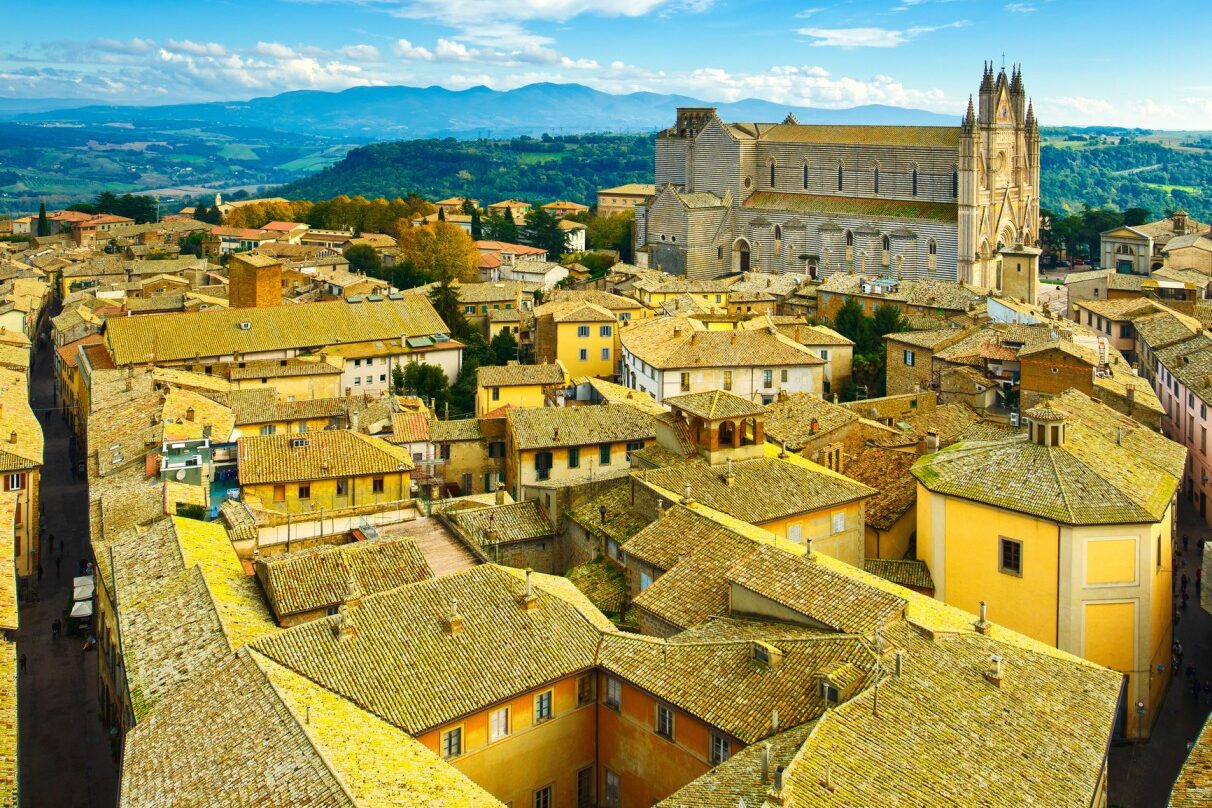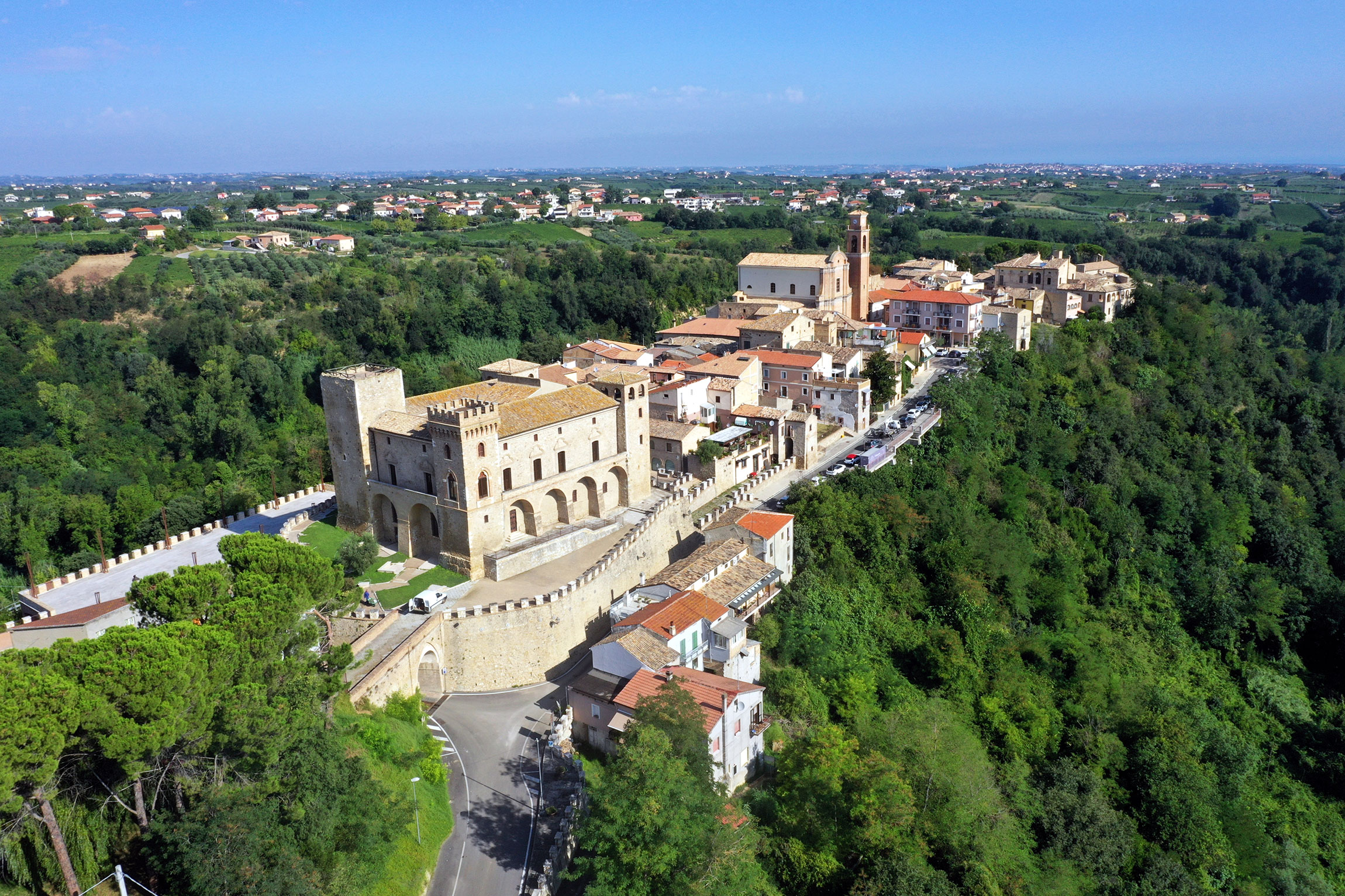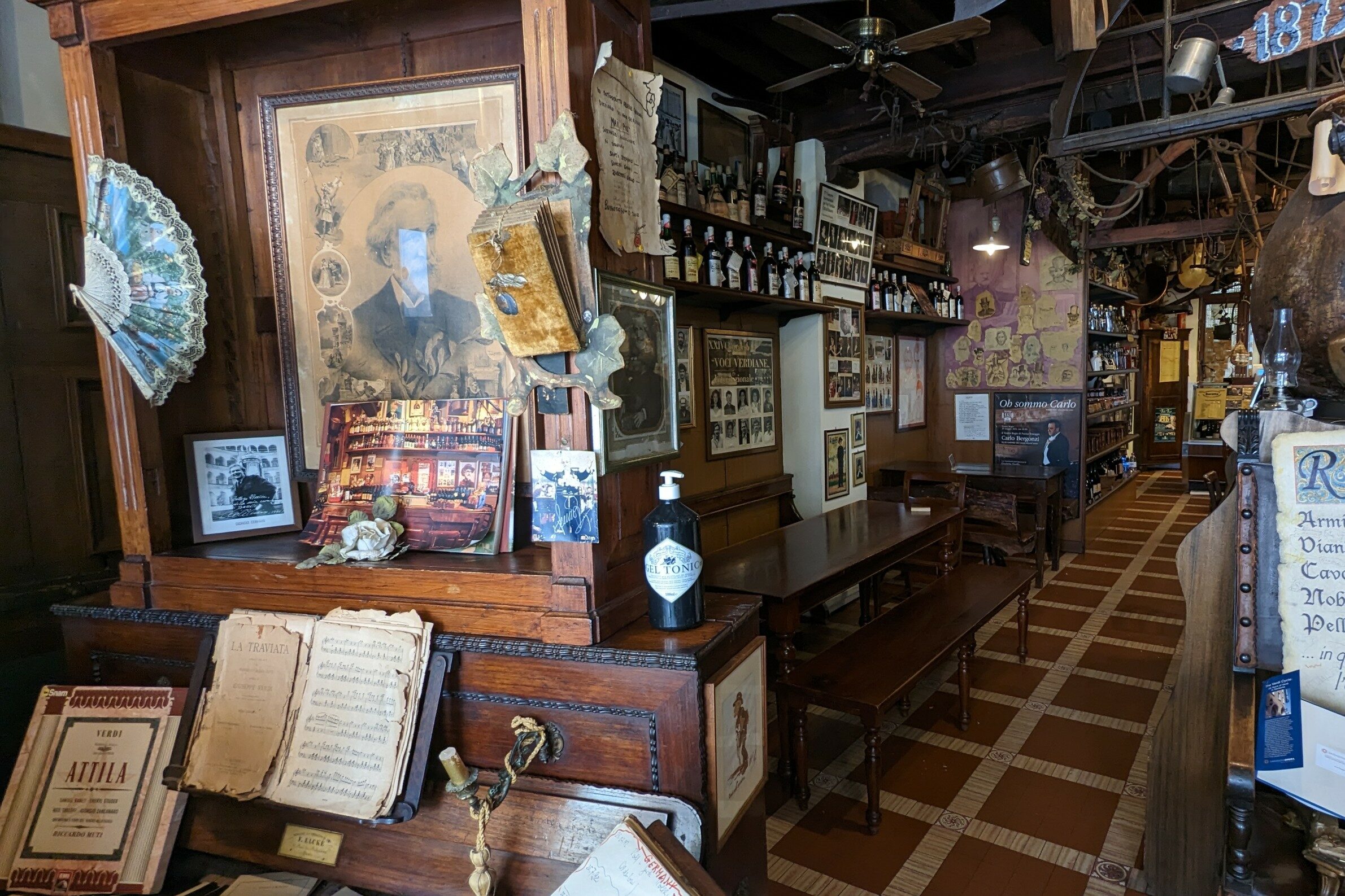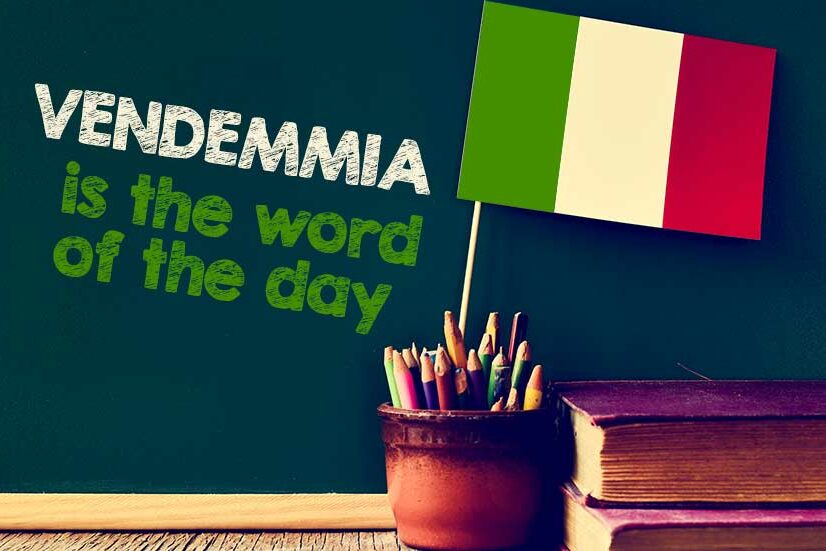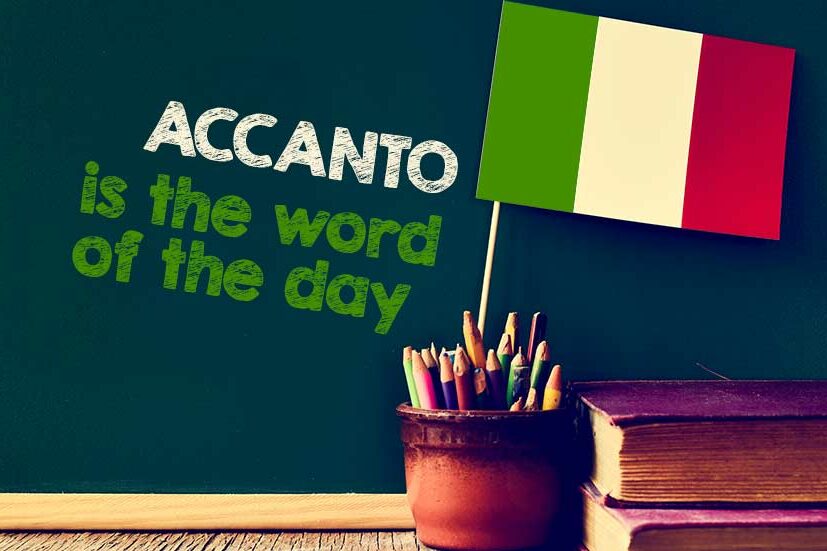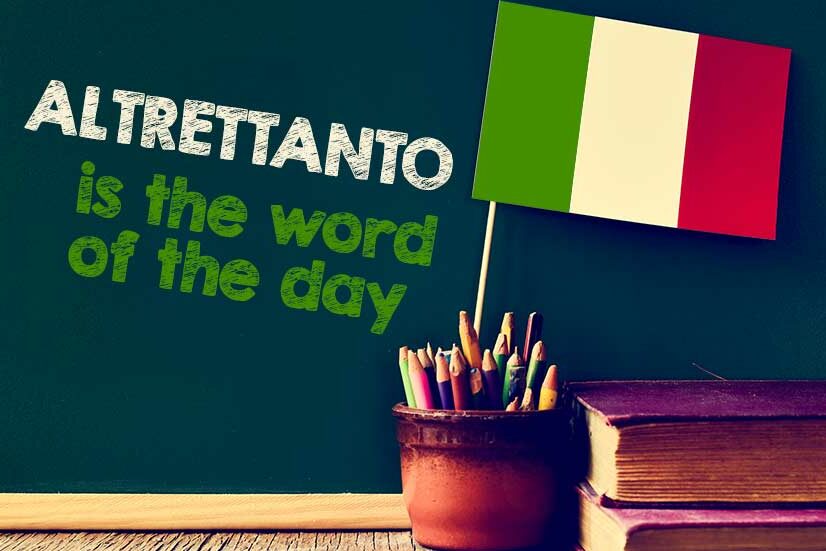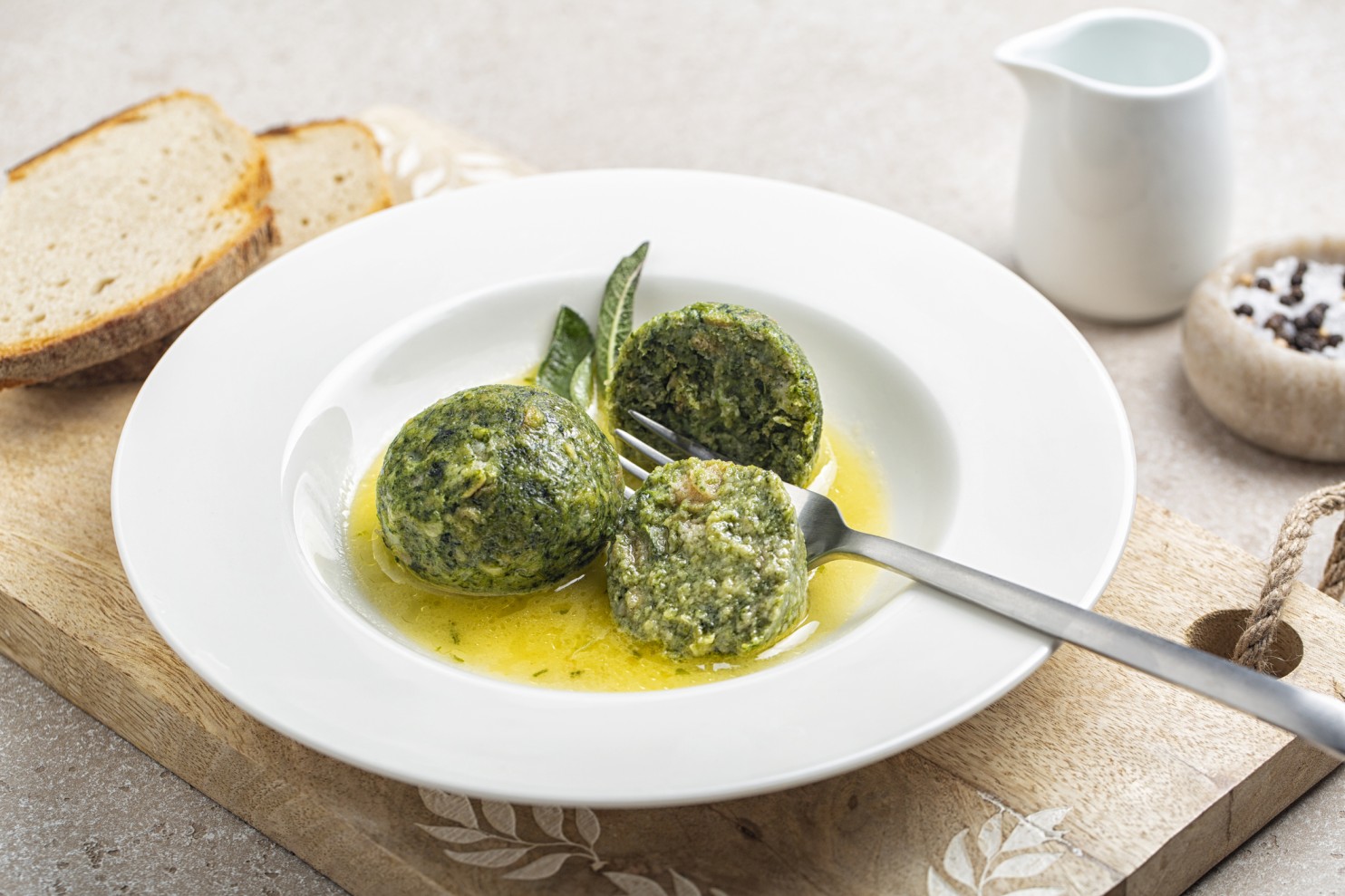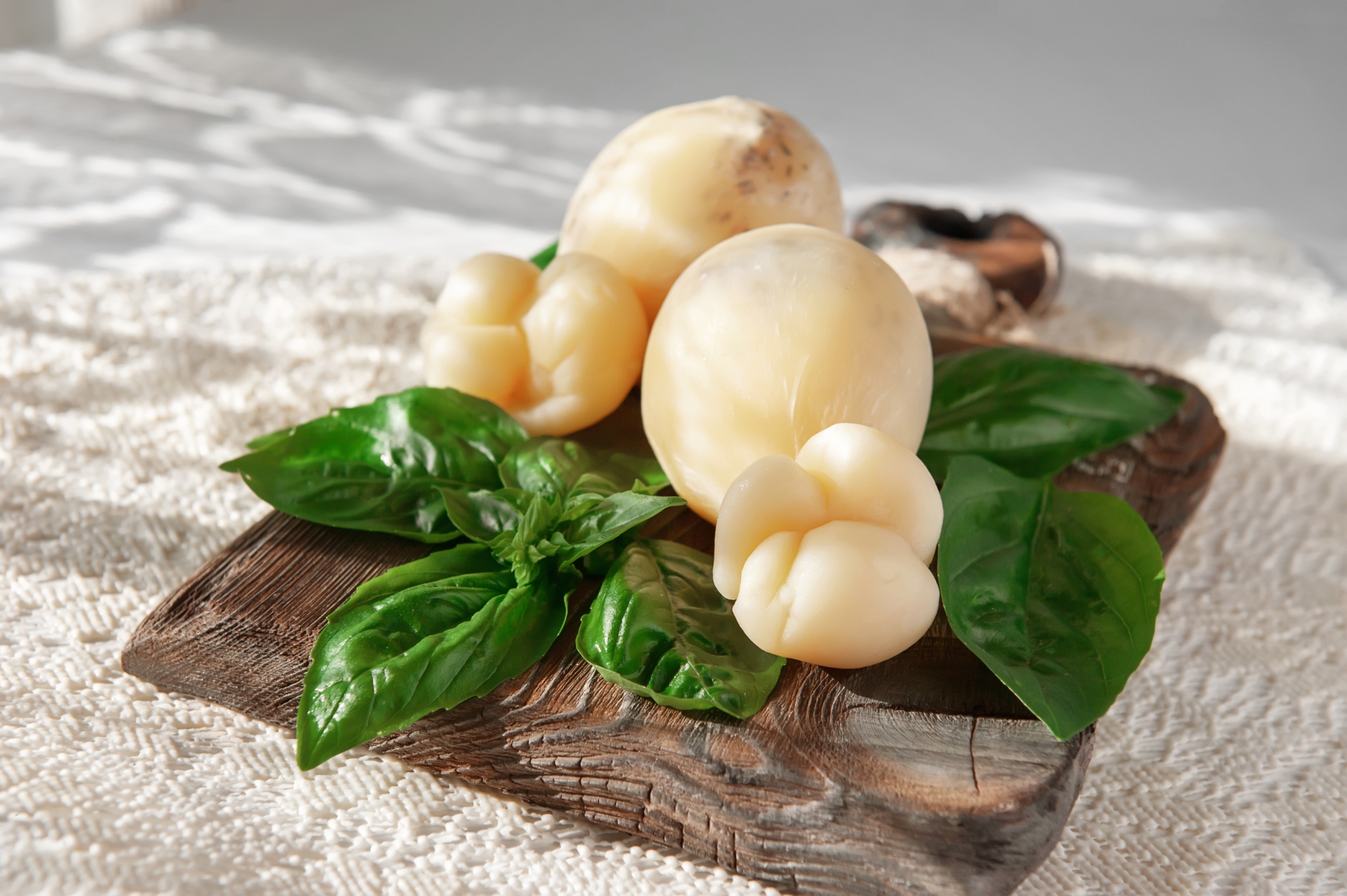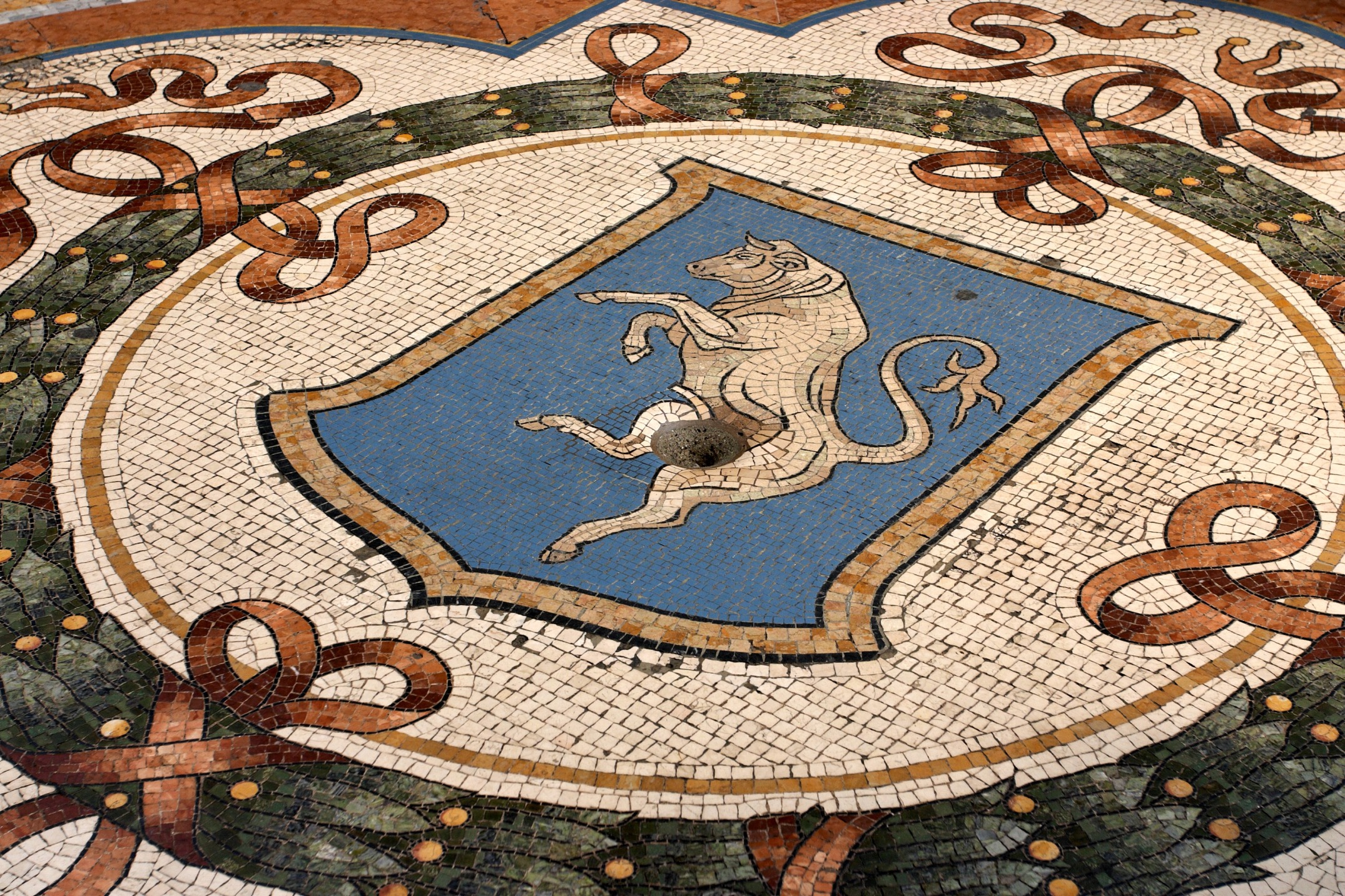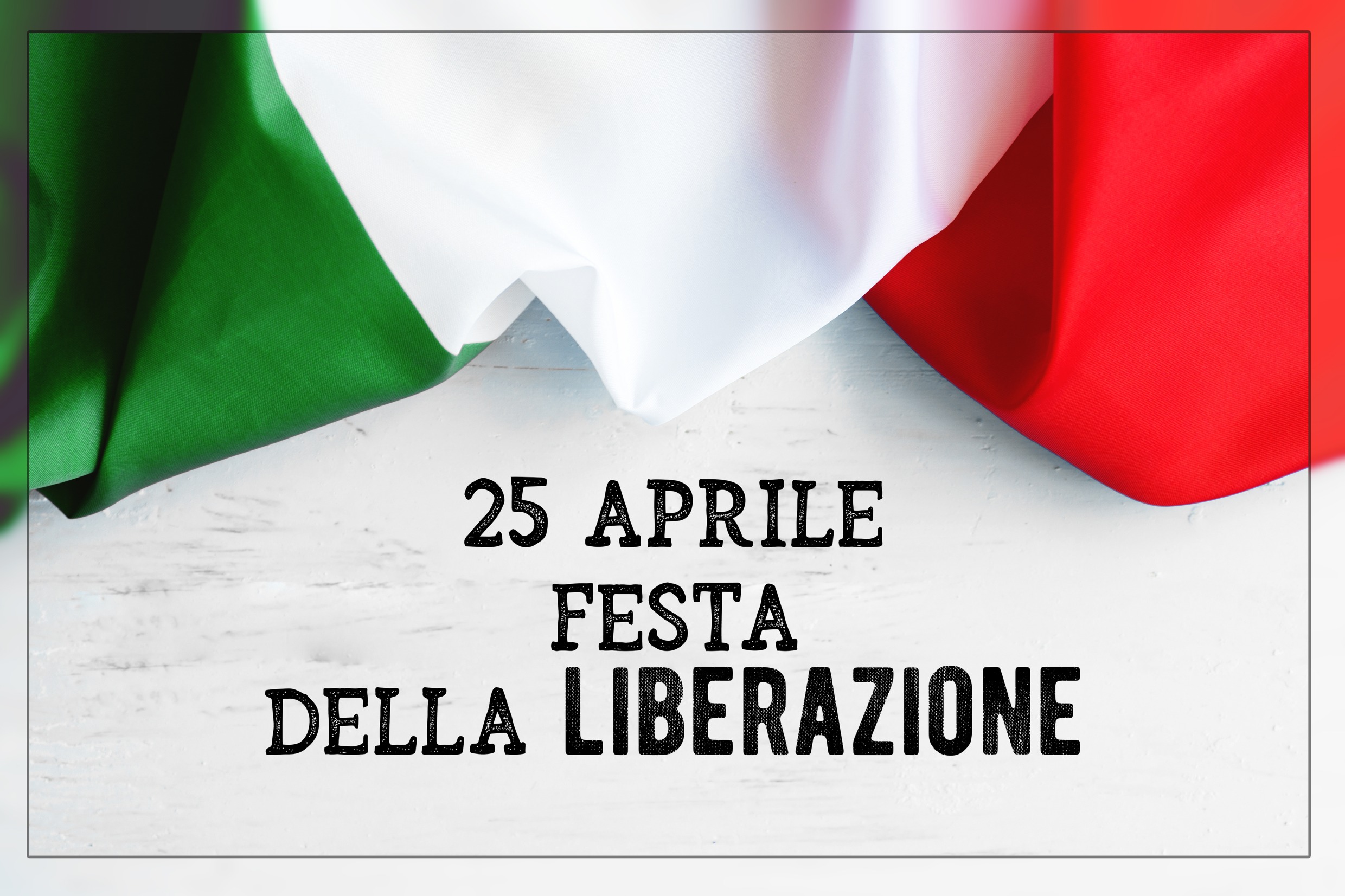Dear Readers,
More November Notes with an Italian Connection:
Thanksgiving Greetings to all my Italo-American Friends and Readers. There is nothing in life finer than friendships warm and true and Thanksgiving finds me grateful for every one of you…
* * *
Autostrada numero uno, or the first highway in the world was an Italian Autostrada. It ran between Milan and Varese. It was inaugurated in 1924 and would later connect Turin with Venice. That the Italians would design the world’s first motorway is not surprising, since as early as 1907, the first long distance, the Peking to Paris, was won by Prince Scipione Borghese in his Italia motor car.
The race covered 9,000 miles and took two months to complete. Prince Scipione Borghese, a marvelous mechanic, got to Paris two weeks before any other competitor. My lateVarese friend, author Ricciotti Bornia, (America Dolce e Amara, storia of an Italian prisoner of war in the United States 1943-1946) suggested the reason the first autostrada was built from Milano to Varese, the beautiful Italian city in Lombardia, was because Mussolini often came to visit industrialist Pirelli and Scotti in Varese, with an off ramp to Como, no mention of who “Il Duce” visited there.
* * *
Author, educator, Dr. Nicholas La Bianca was born in Giovinazzo (Bari), Italy in 1930, and during his early life had to live under the Fascist regime and witness depravation, death, and destruction brought by WWII. He received the best classical education available in that country and after the war, he moved to the United States. He joined the US Air Force during the Korean War and after being discharged, he obtained a BA from the University of Illinois (1957).
He moved to New York City and attended night school at CCNY where he obtained an MA in Education (1965). After three years of teaching in the public schools of New York City and an additional three years teaching overseas for the State Department, he settled in Stony Brook, Long Island where he received a DA from SUNY at that location. He spent the next twenty-five years teaching Languages at the Three Village School District in the area. He retired in 1990 and continues to be active in the field of Education.
Dr. “Nick” has written several books but my personal favorites are “An Immigrant’s Long and Difficult Way to Become American” and “Growing Up Under Fascism in a Little Town in Southern Italy”, because I could relate to them both as they mirrored many of the experiences I heard my parents and their friends relate about living in the small “paese” of Southern Italy during that time. In the early 1950’s when I visited my father’s “paese” for the first time many women were still getting water from “la Fontana” unless husbands, sons or relatives in the U.S, sent money for townwater connections.
Earlier this year, Dr. “Nick” went back to Giovinazzo, for a book signing as his book “Growing Up Under Fascism in a Little Town in Southern Italy” had been translated into Italian. I asked him to jot down a few notes about his visit. Here are a few excerpts: The airport where I landed did not show any particular sign that I had arrived home. It could have been any airport in any country. As a matter of fact there was no airport near my town when I left in the year 1950. At that time there was only a landing strip and a building, used only by the military Air Force.
Water Department “headquarters” in small southern Italian towns in the 1950’s and 60’s was the local “Fontana”
Water Department “headquarters” in small southern Italian towns in the 1950’s and 60’s was the local “Fontana”
Approaching the town of Giovinazzo I did not see too many orchards left in the area. There seemed to be many new buildings and even the highway we used was new to the zone. It was only when I got to the center of the town that the familiar buildings, the square, the church, and all the bars or better “Caffe”, and other stores gave me the feeling that I was home. Even home was not what it used to be. My mother and father, and my brother had passed away, and my only sister was in poor health dealing with the onset of Alzheimer.
In spite of that there were always streets and buildings that reminded me that was home. I realized then, why my book had touched the sensitivity of most of the people who had read it, since it described an era that wasn’t there anymore, but brought nostalgia of the “good old days”, even if they had not been that good. Naturally all members of my family and friends showed up at the book presentation, which was a very moving experience, especially for me, since several professors and politicians brought forth the human and traditional values contained in the description of my life while growing up in my little town.
I was able to enjoy particularly festive days, when the town celebrated the feast of the Madonna di Corsignano. Nothing had changed: the procession around town, the band and orchestras in the square, the fireworks at night and the vendors with all the toys and balloons for the children were there, and then I realized that it matched the same feelings that for years I had kept in a little corner of my heart.
The traditional home cooked meals did the rest, and soon I realized that once more I was home, and I felt very comfortable with it. Soon arrangements for departure to my other home had to be made, and the questions came up: “what is my real home?” Although there is no question about it, home is where the new family is. Still in a corner of my heart there is a longing for the old home that does not exist anymore. That is the plight of all emigrants. And I could not express it better than the little poem by Gianni Rodari that I quoted in my book: “An Immigrant’s Long and Difficult Way to Become American”: Il Treno degli Emigranti
Non è grossa, non è pesante
la valigia dell’emigrante…
C’è un po’ di terra del mio villaggio,
per non restare solo in viaggio…
un vestito, un pane, un frutto,
e questo è tutto.
Ma il cuore no, non l’ho portato:
nella valigia non c’è entrato.
Troppa pena aveva a partire,
oltre il mare non vuol venire.
Lui resta, fedele come un cane,
nella terra che non mi dà pane:
un piccolo campo, proprio lassù…
ma il treno corre: non si vede più.
For more info visit www.DrNicholasLaBianca.com, Amazon.com or call (888)795-4274 ext. 7876.
* * *
November is the month we celebrate Veteran’s Day and Thanksgiving. “The world will little note nor long remember what we say here, but it can never forget what they did here.” These words from President Lincoln’s Gettysburg Address, honoring the heroism and sacrifice of the soldiers who fought here, still ring true today, almost 150 years later. It’s up to us to make sure our world does not forget this turning point in America’s history and continue to be grateful for the sacrifices made by our Veterans and support programs that benefit them.




